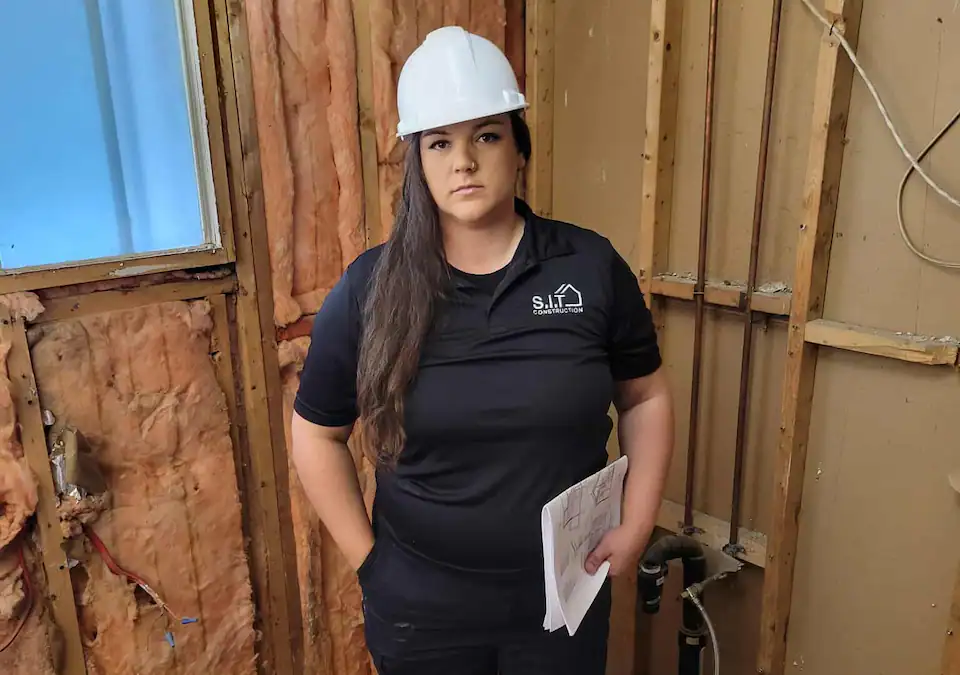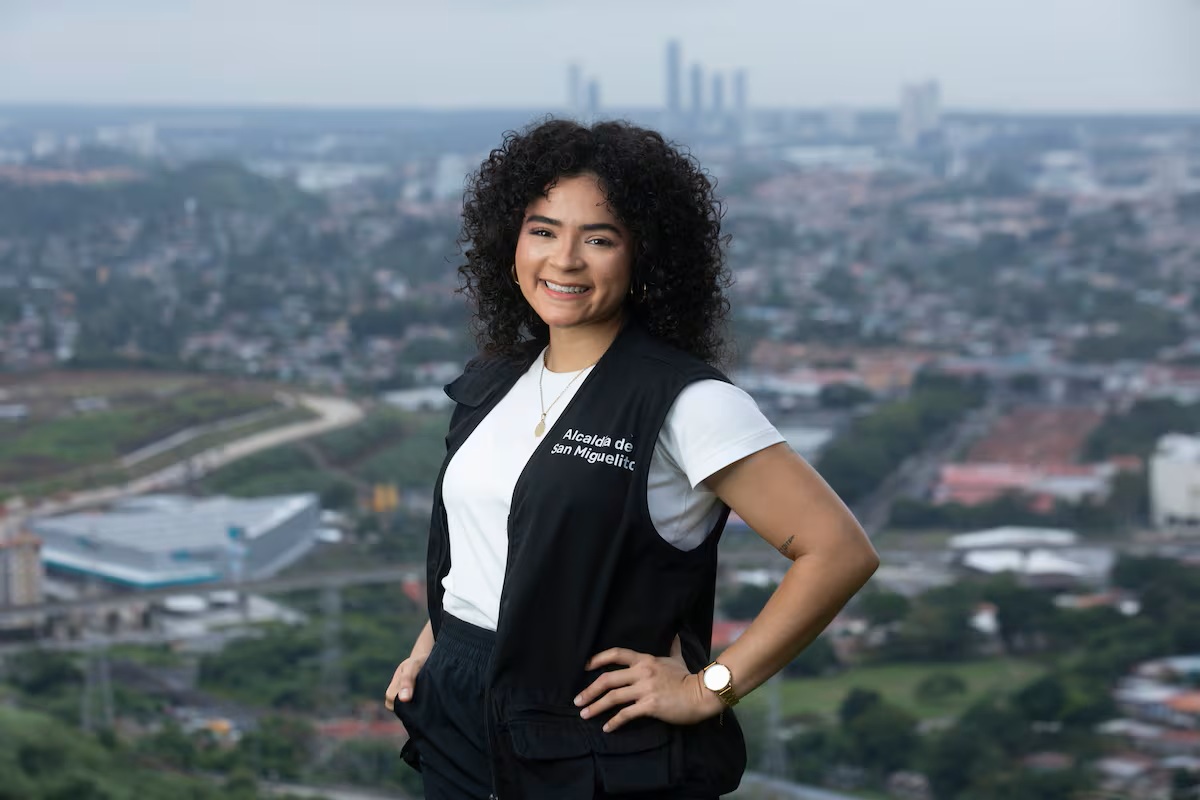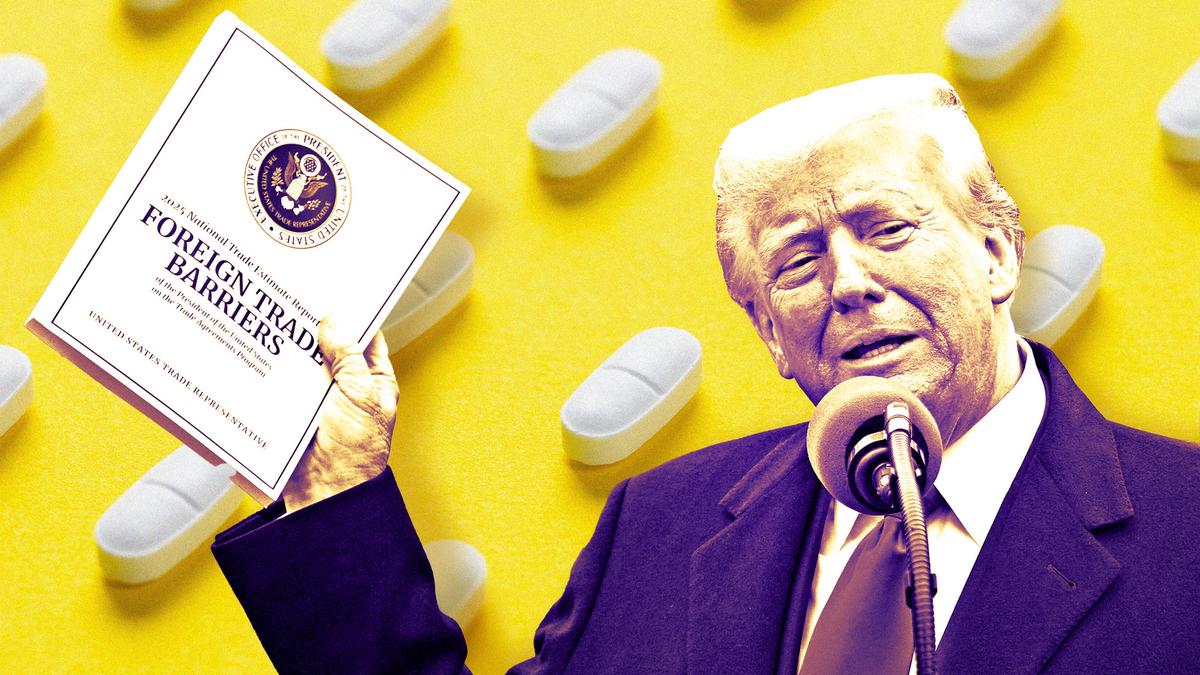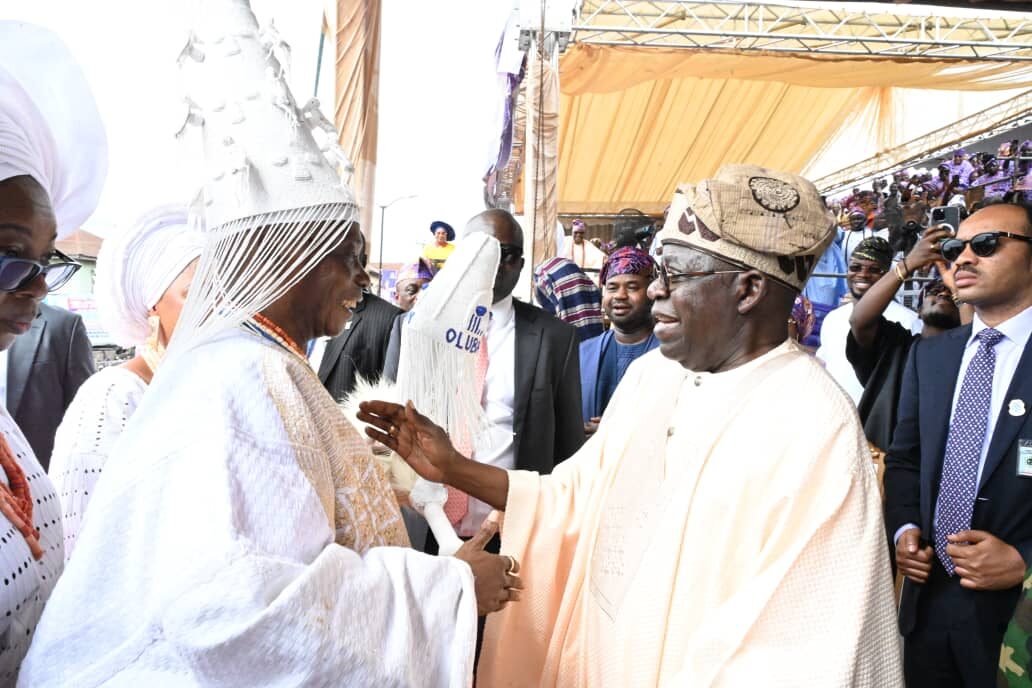Copyright ncregister
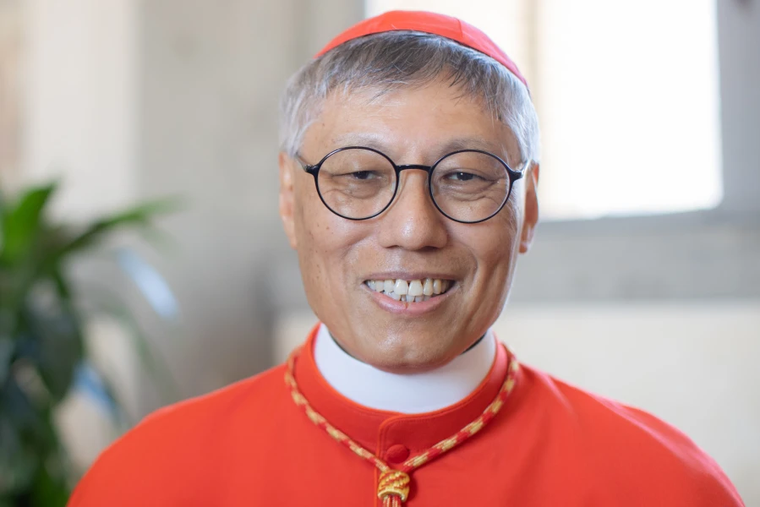
Criticism is being leveled at Cardinal Stephen Chow Sau-yan of Hong Kong after he reportedly insisted that the Chinese-administered territory is free of religious persecution, and that Beijing wants religious freedom in Hong Kong to remain “intact” — despite ample evidence proving the opposite. Speaking to an audience earlier this week in the Australian Diocese of Parramatta, as part of a series of talks hosted by controversial Bishop Vincent Long Văn Nguyễn, the cardinal invited those present to “come to Hong Kong and see for yourself” that persecution does not exist there. “Beijing wants to keep religious freedom intact in Hong Kong, because Hong Kong is important for China,” the cardinal contended, according to a report in the Sydney diocesan newspaper, The Catholic Weekly. He also said the secret provisional agreement between Beijing and the Holy See on the appointment of bishops is highly complex, and that observers should not force facts into a “dualistic paradigm.” China has many voices, he continued, and its government takes the Catholic Church seriously, tries to understand it, and is very well informed. He appealed to those present to recognize that Communists are human, that they “yearn for love” and “yearn for respect,” even if he said he himself did “not quite agree” with their atheistic ideology. The cardinal also played down the suffering that his outspoken predecessor, Cardinal Joseph Zen Ze-kiun, has experienced at the hands of the Hong Kong authorities. Chow said the cardinal, 93, who was convicted in 2022 for failing to register a fund to support pro-democracy protestors in a trial widely viewed as unjust and politically motivated, has not been as harshly treated as the Western media would imply. “Not one day was he imprisoned, not one day was he under house arrest,” he said. Contrasting Statements But Cardinal Chow’s comments contrast with reports that restrictions on the Church and civil liberties in Hong Kong are intensifying, leading to a curtailing of religious activity and freedom of expression. Under a sweeping national security law enacted in 2020, and further laws that came into force in 2025, significant restrictions have been placed on the populace and on religious groups. These include binding priests to break the seal of confession if a confession involves a suspected “crime of treason,” with non-compliance punishable by up to 14 years in prison. Catholic priests and Protestant pastors have also been threatened with prosecution for preaching “seditious” homilies, and the curriculum of religious schools has been changed — in collaboration with the Diocese of Hong Kong — to achieve the sinicization of religion, incorporating socialist values into the Church’s teachings and diminishing the Pope’s role. Meanwhile, since 2020, Hong Kong authorities have arrested and charged dozens of pro-democracy protestors, including Catholic media tycoon Jimmy Lai. Accused of conspiracy to collude with foreign forces and publish seditious material, Lai has been held in custody since 2020, and underwent a 156-day trial between 2023 and 2025. He has pleaded not guilty to the charges and a verdict on his case is expected soon. These and other restrictions that have been enabled and accelerated since the national security law came into force in 2020 led to organizations such as the United States Commission on International Religious Freedom (USCIRF) voicing concern about religious freedom in Hong Kong. Religious liberty advocates also say that Cardinal Zen, although not imprisoned, has effectively been silenced by the Chinese Communist Party (CCP) and the national security law, and so is unable to criticize the government. His passport is also still confiscated. “It is quite clear that Stephen Chow is now being very bold,” a Hong Kong Church source told the Register. “He knows that Cardinal Zen is not in a position to speak, and so he is speaking in this way.” ‘Laughable’ Assertion Given these examples of repression, Steven Mosher, president of the Population Research Institute, said Cardinal Chow’s assertion was “laughable” that China wants to keep religious freedom intact in Hong Kong because the territory is important to it. A sinologist with long experience of Communist China, Mosher said the cardinal’s statement reminded him of friends in Hong Kong telling him 30 years ago that the territory was so important to China, the CCP would honor the Sino-British Agreement and not interfere in Hong Kong for half a century. “The CCP tore up that agreement a decade ago, saying that it was only of historical interest,” Mosher told the Register. “My hopeful friends were wrong then, and the cardinal is wrong now.” “The walls are closing in on the Church in Hong Kong more slowly than they are in China, but they are closing nonetheless,” he said. Nina Shea, senior fellow and director of the Center for Religious Freedom at Hudson Institute, said that, like Cardinal Zen, Cardinal Chow is also not free to criticize the CCP, “so everything he says about the party’s policies and actions must be taken with a grain of salt.” Pointing out that neither Cardinal Zen nor anyone else dares speak about the persecution against Lai, they also cannot protest against the ongoing persecution of bishops and priests in mainland China. “Beijing’s media outlet in Hong Kong threatened to shut down Catholic schools in Hong Kong if Zen and the other Church leaders did not submit to CCP dictates,” Shea noted. “They are effectively hostage to these threats.” Writing Sept. 25 in Catholic World Report, George Weigel criticized Cardinal Chow for inaction regarding the persecution of Catholics in Hong Kong. Unlike Cardinal Zen, said the distinguished senior fellow at the Ethics and Public Policy Center, Cardinal Chow has done “virtually nothing to support Catholicism’s most famous 21st-century political prisoner or to reach out to Jimmy Lai’s family.” He therefore wondered what St. Augustine of Hippo, who famously warned against negligent shepherds in his sermon On Pastors, would make of the cardinal’s words and lack of action. Shea said the fact that these prominent Catholics are unable to speak up for those suffering religious persecution and repression “makes it all the more incumbent for the Pope to speak up for them.” She also said Pope Leo should “firmly resist” demands by China’s state-run church — which has been formally absorbed into the CCP’s United Front Work Department, the main propaganda and influence apparatus of the CCP — “to have the Hong Kong Church collaborate with it in reinterpreting the Bible.”
